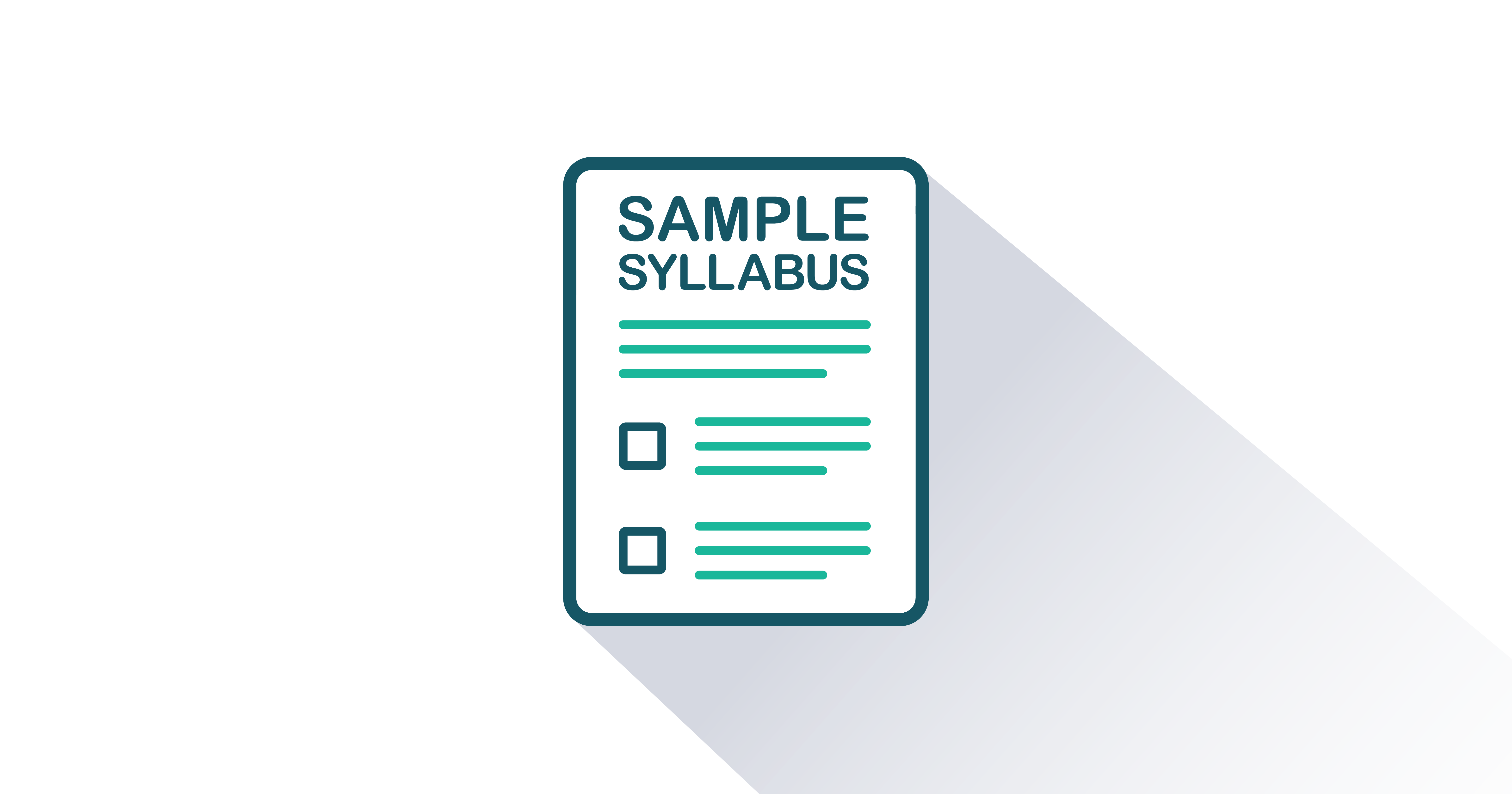Essentials of the Legal Environment of Business is suitable for courses called Business Law, Business Law and the Legal Environment, The Legal Environment, Advanced Business Law or similar titles taught at the undergraduate or master’s levels in business departments at two- and four-year colleges and universities. This book is most appropriate for courses that are one term in length. It can be easily combined with content from the separately published, full-length version to address additional topics.
Essentials of the Legal Environment of Business covers basic legal and regulatory issues faced by businesses. It includes illustrative cases, using the court’s language for each topic area, for which case summaries are provided in the Instructor’s Manual. This book provides students with the vocabulary and legal acumen required to communicate in an informed way with colleagues, customers, suppliers and government officials on legal matters relating to business.
New in This Version
Overall
- Reduced the number of chapters from 15 to 13 by folding coverage of law making into the chapter on the courts and legal process and deleting the previous version’s final chapter
- Recent changes in both statutory and common law, including landmark cases such as the reversal of Roe v. Wade, impacts of new technologies on existing laws, LGBTQ+ employment discrimination, and the Black Lives Matter movement
- Updated with several new cases decided since 2016, such as Sackett v. Environmental Protection Agency and Nebraska v. Biden
- Cases have been moved to the end of each section in the relevant chapter
- Cases are fully indexed for the first time
- Dollar amounts stated in original cases are translated into today’s dollars to reflect their much more compelling current values
- New and updated exercises throughout
By Chapter
Chapter 1: Introduction to Law and the Legal Process
- Added discussions of theocratic systems, socialist systems, and the legal environment of democratic capitalism
- New streaming video links on “Rule of Law,” eco-feminism, representative v. direct democracy, and democratic capitalism
Chapter 2: Introduction to Business Ethics
- New discussion of Citizens United v. Federal Election Commission (Section 3.5)
- New section devoted to “Justice, Democracy, and Business” (Section 2.4)
- New streaming video links on social contract theory, public goods and negative externalities, how corporations have become so powerful, maximizing shareholder value, luxury gifts to Supreme Court Justices, suicides in Chinese high-tech factories, the U.N.’s work on human rights, and the race to the bottom in global fisheries
Chapter 3: Constitutional and Administrative Law
- New sub-section on “The Constitution as Reflecting Traditional American Values” (Section 3.1) that discusses the Dobbs v. Jackson Women’s Health Organization decision reversing Roe v. Wade and what is defined as fetal personhood” in some states
- New section on “Administrative Agencies and the Constitution” (Section 3.6)
- New coverage of the Supreme Court’s major questions doctrine and the Chevron doctrine (Section 3.6)
- New streaming video links on Boeing and the FAA, Lina Khan, and antitrust and the Federal Trade Commission (FTC)
Chapter 4: Introduction to Courts and the Legal Process
- Expanded discussion of “standing” (Section 4.5)
- New case brief on Biden v. Nebraska and its implications for the federal system of checks and balances (Section 4.5)
- New streaming video links on discovery in judicial proceedings and the art of cross examination
Chapter 5: Introduction to International Law
- New learning objectives on bribery and corruption, the World Trade Organization and its dispute settlement procures, and other global and regional institutions that impact global commerce
- Reorganized and extended discussion of international customary law, including the Pacquete Habana and Koster v. Automark cases (Section 5.1)
- New section on the presumption against extra-territoriality, including a reference to a major recent case, Doe v. Nestle, under the Alien Tort Statute (Section 5.2)
- New introduction to the Bremen case and forum selection clauses (Section 5.2)
- New section on regional trade organizations (Section 5.3)
- New streaming video links on the United States-Mexico-Canada free trade agreement, Houthi attacks on Red Sea shipping, and universal jurisdiction
Chapter 6: Tort Law
- New subsection covers (1) how criminal law and tort law interact, and (2) state-level impacts of Dobbs v. Jackson Women’s Health Organization (reversing Roe v. Wade) (Section 6.2)
- New case brief on negligence leading to criminal convictions (U.S. v. Hanousek) (Section 6.2)
- Extended discussion of damages, including the kinds of damages available to plaintiffs in tort cases and a note on constitutional limits to tort damages (BMW v. Gore) (Section 6.3)
- New case summary of the McDonald’s spilled coffee case (Stella Liebeck v. McDonalds) to illustrate differences between comparative and contributory negligence, including a new link to a streaming video on the topic
- New streaming video links on intentional infliction of emotional distress and what is a public figure in a defamation claim, using 2012’s Sandy Hook Elementary School shooting and Alex Jones as an example
Chapter 7: Contract Law
- Expanded Learning Objectives now include how contract law is shaped by public policy and an emphasis on efficiency versus voluntary or consensual agreements in modern contract law (Section 7.1)
- Updated coverage on liquidated damages (Section 7.4)
- New subsection on contracts and public policy (Section 7.5)
- New streaming video links on promissory estoppel, force majeure, equitable remedies in contract law, and the Baby M surrogacy case
Chapter 8: Property Law
- New subsections on secondary meaning, blurring, and tarnishment (Section 8.6)
- New subsection on intellectual property and AI (Section 8.6)
- New streaming videos links to conflicts over water rights in the U.S. West; patents, novelty, and patent trolls; and the New York Times lawsuit against Open AI for copyright infringement
Chapter 9: Agency Law
- Updated discussion of duties among the parties (Section 9.4)
- New section on accountability and agency (Section 9.5)
- New streaming video links on potential federal regulation regarding independent contractors, strategic management, and the Shareholder Value Myth
Chapter 10: Business Organization Law
- New material on why Delaware is the preferred state to incorporate and Smith v. Van Gorkom (Section 10.3)
- Expanded discussions of types of corporations, including public benefit corporations (Section 10.3)
- Expanded discussion of the business judgment rule (Section 10.3)
- Expanded discussion of corporate mergers and acquisitions, including Revlon, Inc. v MacAndrews and Forbes Holdings, Inc. and Dodge v. Ford (Section 10.3)
- New streaming video links on Elon Musk’s bid to incorporate in Texas and on public benefit corporations
Chapter 11: Government Regulation: Environmental Law
- New coverage of Sackett v. Environmental Protection Agency (Section 11.4)
- New coverage of growth, development and degradation; U.S. political polarization; clean energy; anti-environment riders on Congressional spending bills; the Paris Accords; triple bottom line; and environmental and Social Governance (ESG); fast fashion and the environment (Section 11.5)
- New streaming video links to services nature provides and negative externalities
Chapter 12: Government Regulation: Employment Law
- Relocated discussion of Wagenseller v. Scottsdale Memorial Hospital (Section 12.1)
- New religious discrimination cases discussed: Kennedy v. Bremerton School District and Our Lady of Guadelupe School v. Morrisy-Berru (Section 12.3)
- Updated affirmative action coverage (Section 12.3)
Chapter 13: Government Regulation of the Market
- Updated section on product liability (Section 13.5)
- New streaming video links to how the economy is “rigged,” are we in a second Gilded Age, and why the E.U. hates big tech, and what caused the global financial crisis

FlatWorld Homework
FlatWorld Homework includes multi-format questions written specifically for your FlatWorld book, which you can access through our stand-alone interface or integrate with your learning management system.

Instructor’s Manual
The Instructor’s Manual guides you through the main concepts of each chapter and important elements such as learning objectives, key terms, and key takeaways. Can include answers to chapter exercises, group activity suggestions, and discussion questions.

PowerPoint Lecture Notes
A PowerPoint presentation highlighting key learning objectives and the main concepts for each chapter are available for you to use in your classroom. You can either cut and paste sections or use the presentation as a whole.

Test Item File
Need assistance in supplementing your quizzes and tests? Our test-item files (in Word format) contain many multiple-choice, fill-in-the-blank, and short-answer questions.

Sample Syllabi
Sample syllabi provide useful templates to help new faculty adopters revise their teaching plans to match their assigned FlatWorld textbook or lend insights to existing adopters on how to organize their classes.
DownloadAt FlatWorld, we take pride in providing a range of high-quality supplements alongside our titles, to help instructors teach effectively. Supplements are available for instructors who have registered their adoption with us. If you need to review or preview something specific, please contact us.
Already registered? Sign in here
Daniel Warner Western Washington University
Daniel Warner is a magna cum laude graduate of the University of Washington, where—following military service—he also attended law school. After some years of civil practice, he joined the faculty at the College of Business and Economics at Western Washington University in 1978 where he is now a professor of business legal studies in the Accounting Department. He has published extensively exploring the intersection of popular culture and the law, for which publications he has five times received the College of Business Dean's Research Award for "distinguished contributions in published research." He served eight years on the Whatcom County Council, two years as its Chair. He has served on the Faculty Senate, on various university and college committees including chairman of the University Master Plan Committee; he has been active in state Bar Association committee work and in local politics, where he has served on numerous boards and commissions over 30 years.
George Siedel University of Michigan - Ann Arbor
Jethro K. Lieberman New York Law School
Jethro K. Lieberman is Martin Professor Emeritus at New York Law School, where for many years he served as dean for academic affairs. He taught in law schools for 33 years, at NYLS and at Fordham University School of Law. Before that, he was vice president at what is now the International Institute for Conflict Prevention and Resolution (CPR) in New York. For nearly ten years, he was legal affairs editor of Business Week magazine. He practiced antitrust and trade regulation law at a large Washington law firm and was on active duty as a member of the Navy’s Judge Advocate General’s (JAG) Corps during the Vietnam era. He earned his BA in politics and economics from Yale University, his JD from Harvard Law School, and his PhD in political science from Columbia University. He is the author of The Litigious Society (Basic Books), winner of the American Bar Association’s top literary prize, the Silver Gavel. Among his many other books are Liberalism Undressed (Oxford University Press) and A Practical Companion to the Constitution: How the Supreme Court Has Ruled on Issues from Abortion to Zoning(University of California Press). He is a long-time letterpress printer and proprietor of The Press at James Pond, a private press, and owner of the historic Kelmscott-Goudy Press, an Albion handpress that was used to print the Kelmscott Press edition of Geoffrey Chaucer’s Canterbury Tales in the 1890s. For a complete bibliography, see www.jethrolieberman.com.

